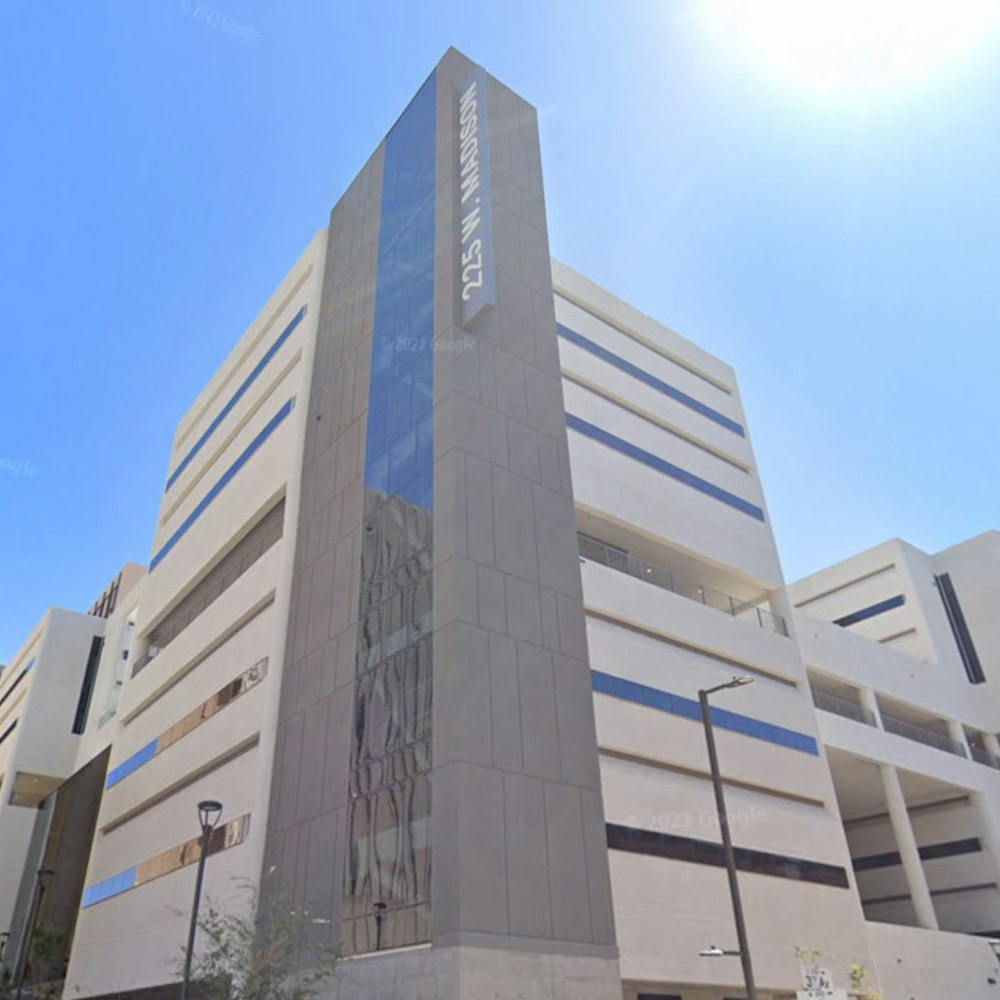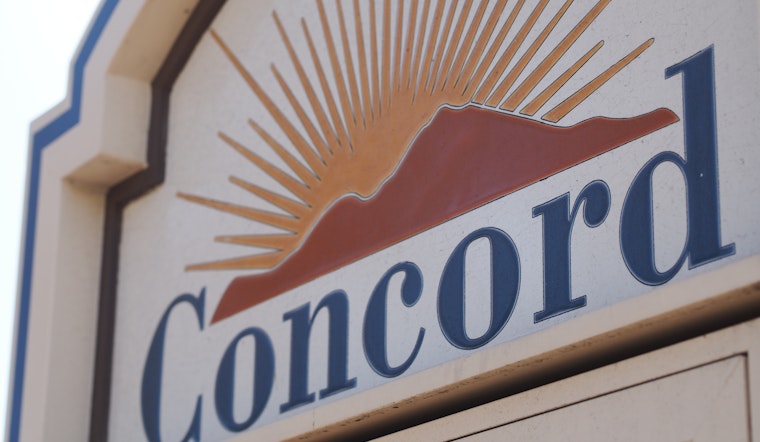
As of Friday, the East Bay city of Concord is rolling out a ban on smoking and vaping in multi-unit residences. The ordinance obviously seeks to reduce secondhand smoke exposure, but it carries overreaching consequences for legal cannabis users.
According to the city, a multi-unit residence is considered “any property containing two or more residences or any attached residence, or a residence sharing a common wall,” and applies to mobile and manufactured homes and parks as well as group home-type facilities. In all those scenarios, smoking or vaping of anything will be prohibited inside dwellings and outside on porches, patios, decks or balconies.
Smoking and vaping will only be permitted in designated areas at least 25 feet away from children, which most tobacco and nicotine users have long come to accept. However, Concord also prohibits cannabis use in or on “all property owned, leased, or operated” by the city, which include parks, streets, sidewalks, trails, bike paths, alleys, highways, parking lots and parking structures.
Basically, only residents in single-family homes are permitted by law to smoke or vape cannabis products, leaving only edibles legal in all other situations.
As many users of marijuana products already know, there is a vast difference between eating edibles and inhaling cannabis, changing how and how long the substance affects the body. That difference can be a deal-breaker for people using marijuana for specific medicinal purposes.
San Francisco recently considered a similar smoking ban measure. However, there was significant pushback due to the cannabis-use issue, and one supervisor was hesitant to penalize elderly residents of rent-controlled buildings, ultimately resulting in the Board of Supervisors reversing course on Dec. 8 and sending the measure back to committee.
Concord passed its ordinance in January but only applied the rule to newly built units as of Feb. 6, opting for a phased-in approach to reach full prohibition.
The ordinance enables the city to enforce the law at the discretion of the police chief and city attorney but also allows residents to seek civil action against their neighbors for violations.

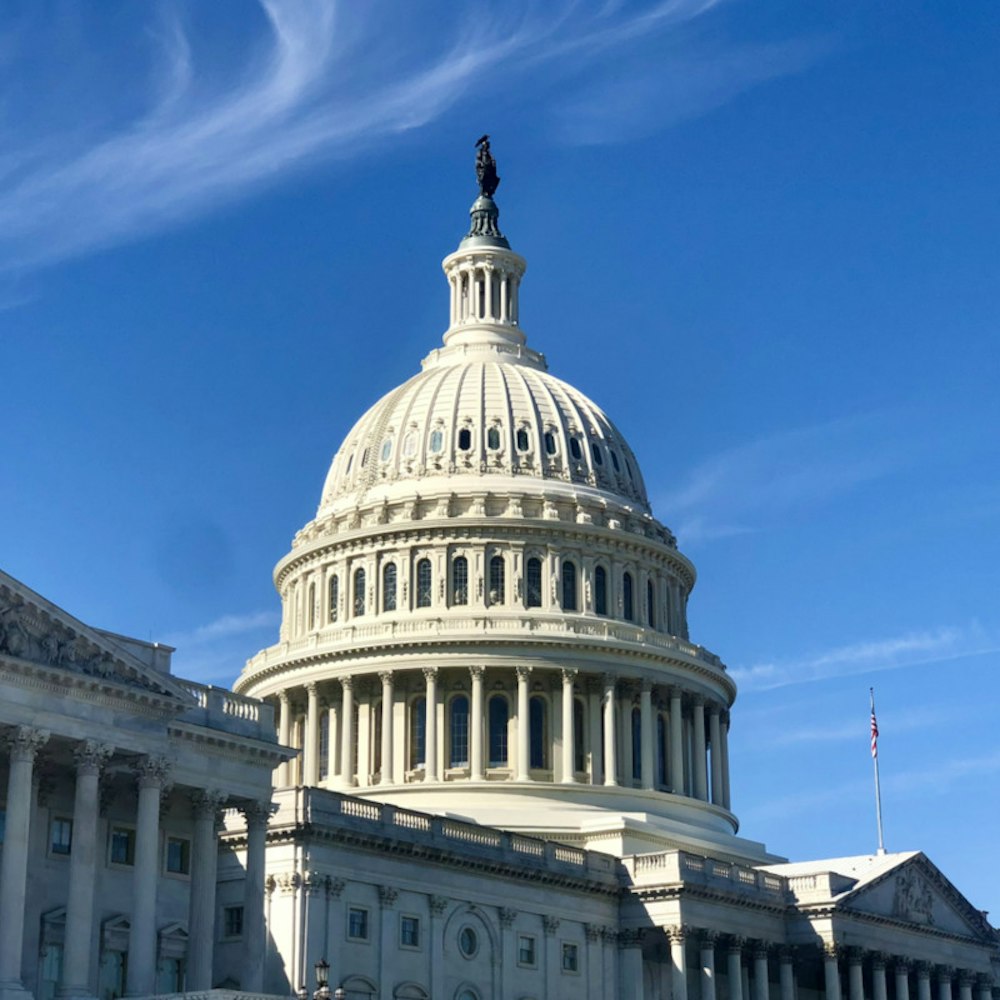

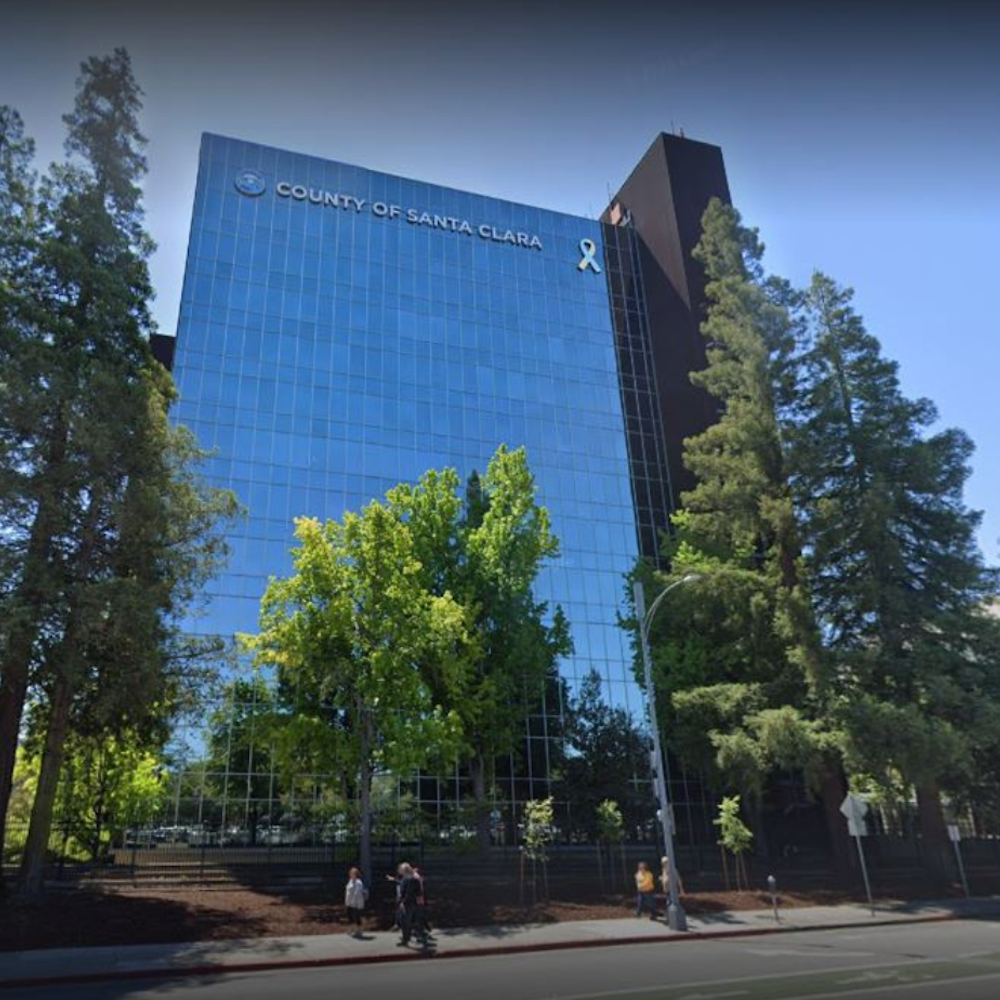
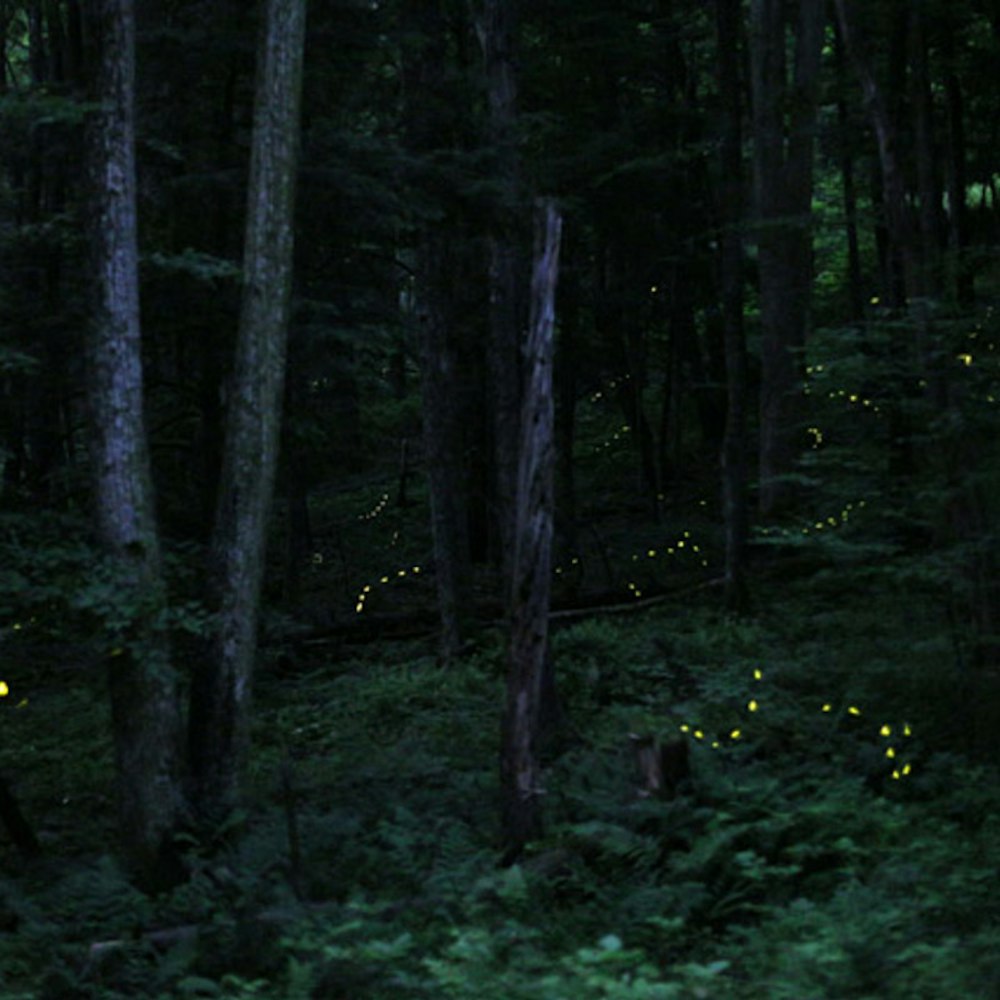
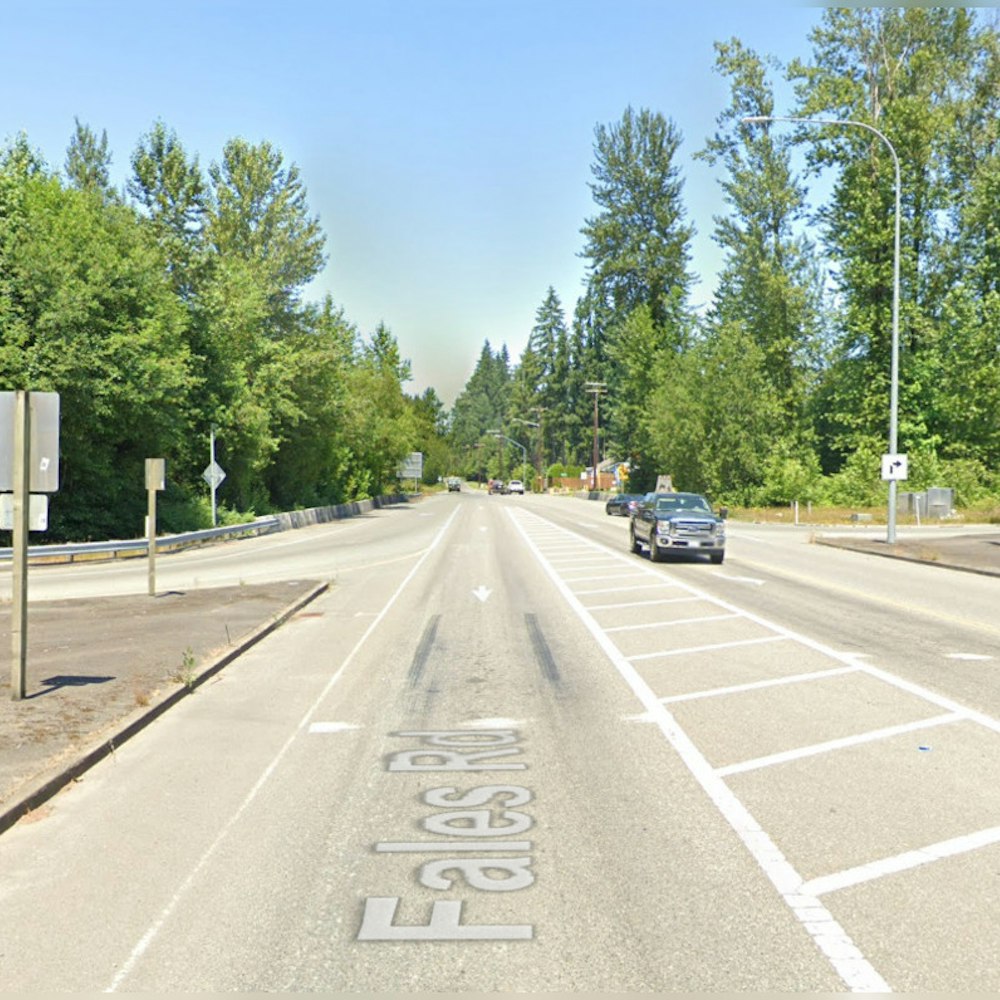

-1.webp?w=1000&h=1000&fit=crop&crop:edges)
